Aging is a natural part of life, but that doesn’t mean we can’t take steps to look and feel our best as the years go by. Discovering the secrets of anti-aging can help us maintain a youthful appearance and vibrant health. With so much information out there, it’s important to focus on the facts that truly make a difference.
In this article, we’ll explore 15 anti-aging facts that everyone should know. From skincare routines to diet tips and stress management, these insights will help you create a holistic approach to aging gracefully. So, let’s dive in and uncover the best ways to keep aging at bay!
Exploring the Secrets of Anti-Aging: 15 Facts You Should Know (one line)
- Aging is natural, but understanding its biological process can help in fighting it effectively.
- Genetics influence how we age, but lifestyle choices can help counteract negative effects.
- A diet rich in antioxidants like berries and nuts helps protect skin from aging.
- Staying hydrated keeps skin plump and reduces the appearance of wrinkles.
- Regular exercise boosts circulation and reduces stress, promoting youthful skin.
- A consistent skincare routine with cleansing, toning, and moisturizing is essential.
- Sunscreen is crucial for protecting skin from UV damage and preventing premature aging.
- Managing stress through mindfulness and hobbies helps slow down the aging process.
- Quality sleep allows the body to repair itself and maintain a youthful appearance.
- Anti-aging treatments like chemical peels and Botox can improve skin texture and reduce wrinkles.
- Antioxidants in skincare products and diet protect skin from harmful free radicals.
- Collagen supplements may help improve skin elasticity and hydration, but natural sources are also beneficial.
- Regular health check-ups can detect issues early and help maintain overall health.
- Hormonal changes affect aging, but a healthy lifestyle can help manage their impact.
- A positive mindset and embracing aging with confidence can enhance your overall well-being.
1. Understanding Aging: The Biological Process
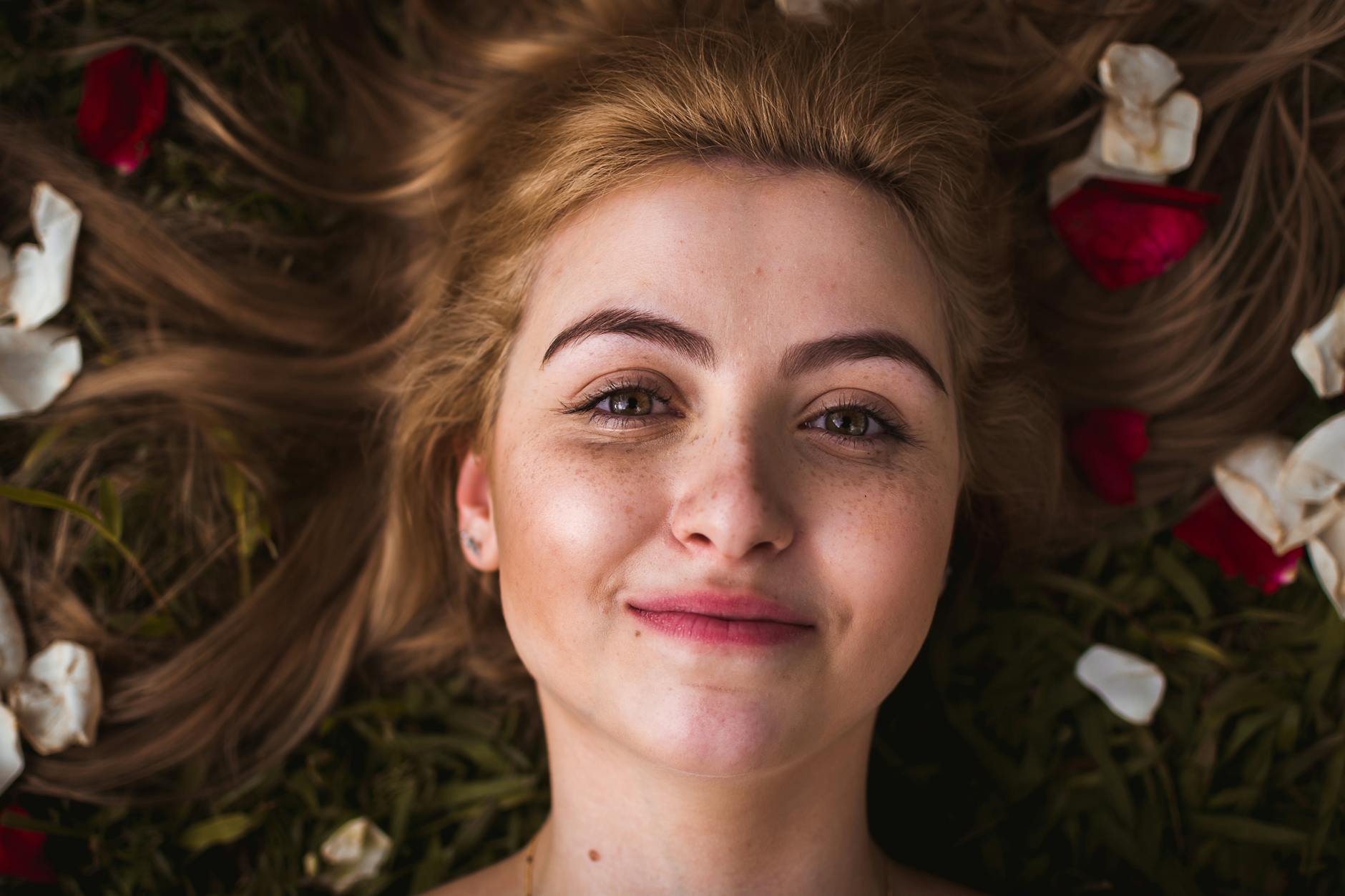
Aging affects our entire body, especially our skin. As we get older, our skin loses important proteins like collagen and elastin. This can lead to wrinkles and sagging. Additionally, our skin’s ability to renew itself slows down, making it look dull.
Genetics also play a role in how we age. While we can’t change our genes, we can make choices to influence their effects. A healthy lifestyle can help improve how our skin ages, keeping it looking fresh and vibrant.
Read more: How do we age? The hallmarks of ageing
2. The Role of Genetics in Aging
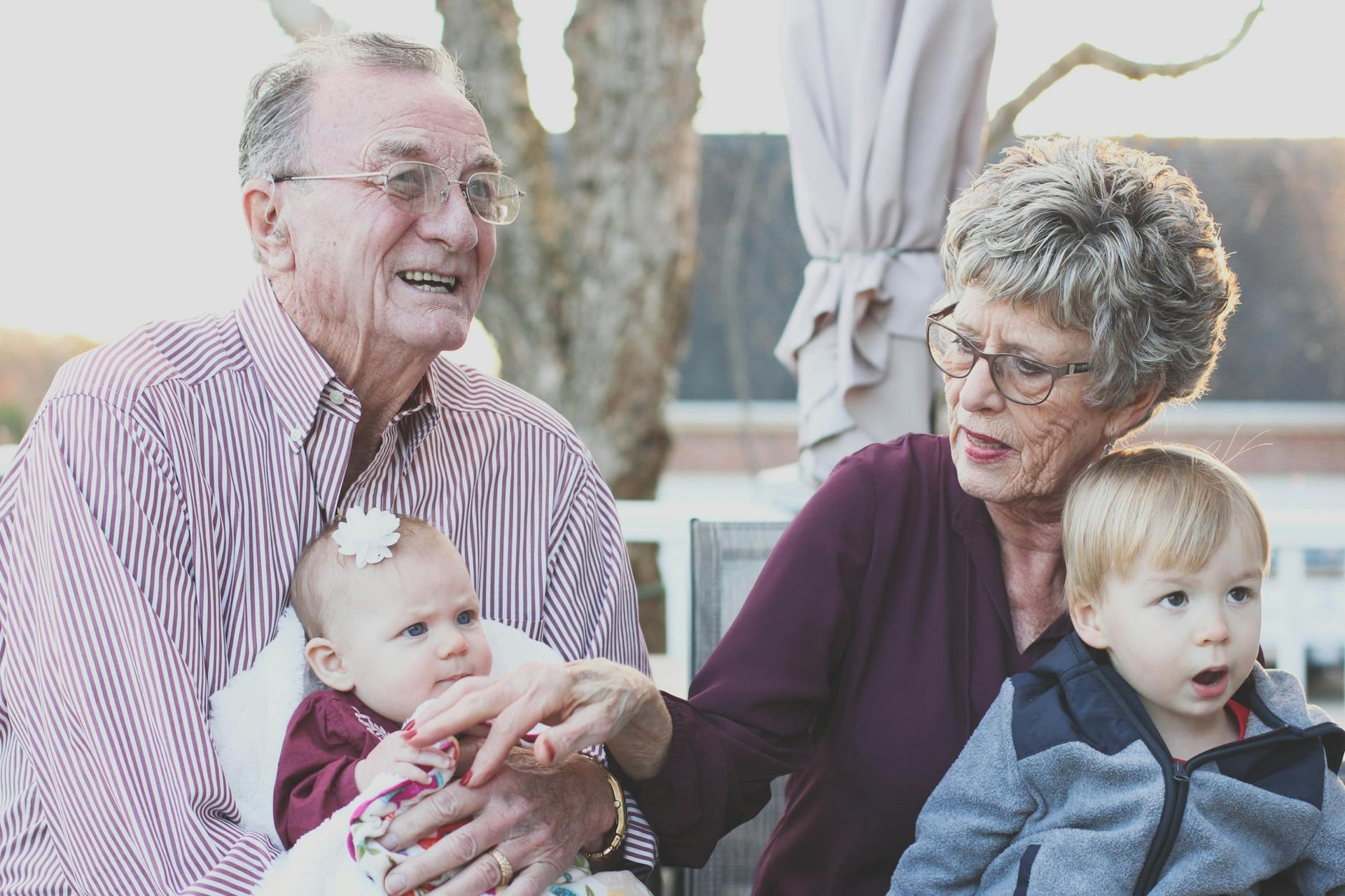
Our genes influence how we age. If your family members aged well, you might have similar traits. However, even if your genes aren’t perfect, you can still make a difference. Lifestyle choices can help counteract some of the negative effects of your genes.
By eating well, exercising regularly, and following a good skincare routine, you can manage how you age. It’s about taking control of what you can and making smart choices to help your skin stay youthful.
3. The Importance of a Healthy Diet
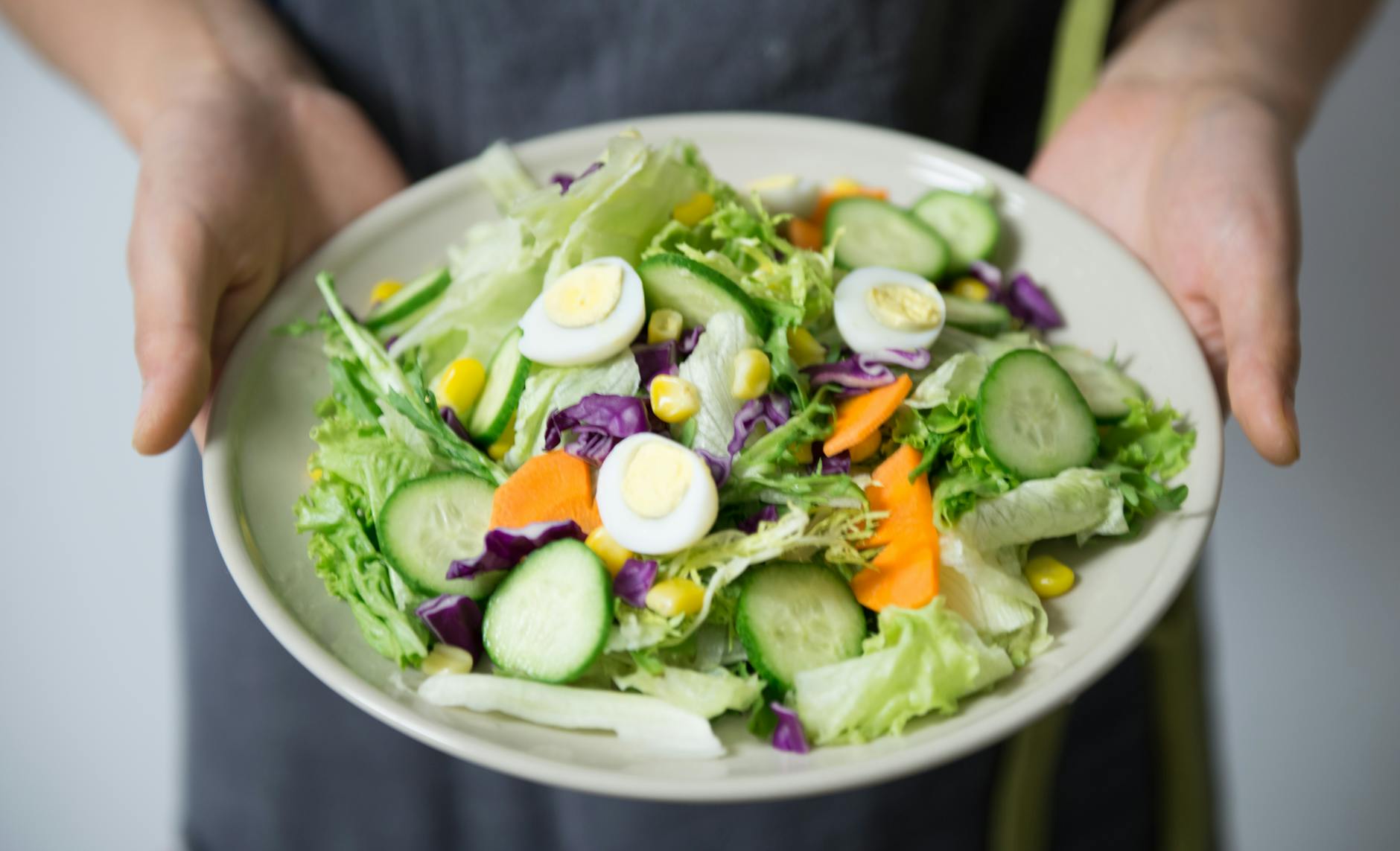
Eating a healthy diet is key to fighting aging. Foods rich in antioxidants, like berries and nuts, help protect your skin. Antioxidants fight harmful molecules that can age your skin.
Omega-3 fatty acids, found in fish and seeds, are also important. They keep your skin hydrated and healthy. Reducing sugar is another tip, as it can damage collagen and speed up aging. Eating a balanced diet is a simple way to look and feel younger.
Read More: Discover 15 Powerful Benefits of Yoga for Mind & Body
4. Hydration: The Key to Youthful Skin

Drinking enough water is crucial for youthful skin. Water keeps your skin plump and helps reduce wrinkles. Aim for about eight glasses of water a day. Eating water-rich foods like cucumbers and watermelon can also help.
Using a good moisturizer can keep your skin hydrated. Look for products with hyaluronic acid, which helps retain moisture. Hydrated skin is healthier and looks better, so make hydration a priority.
5. The Power of Regular Exercise
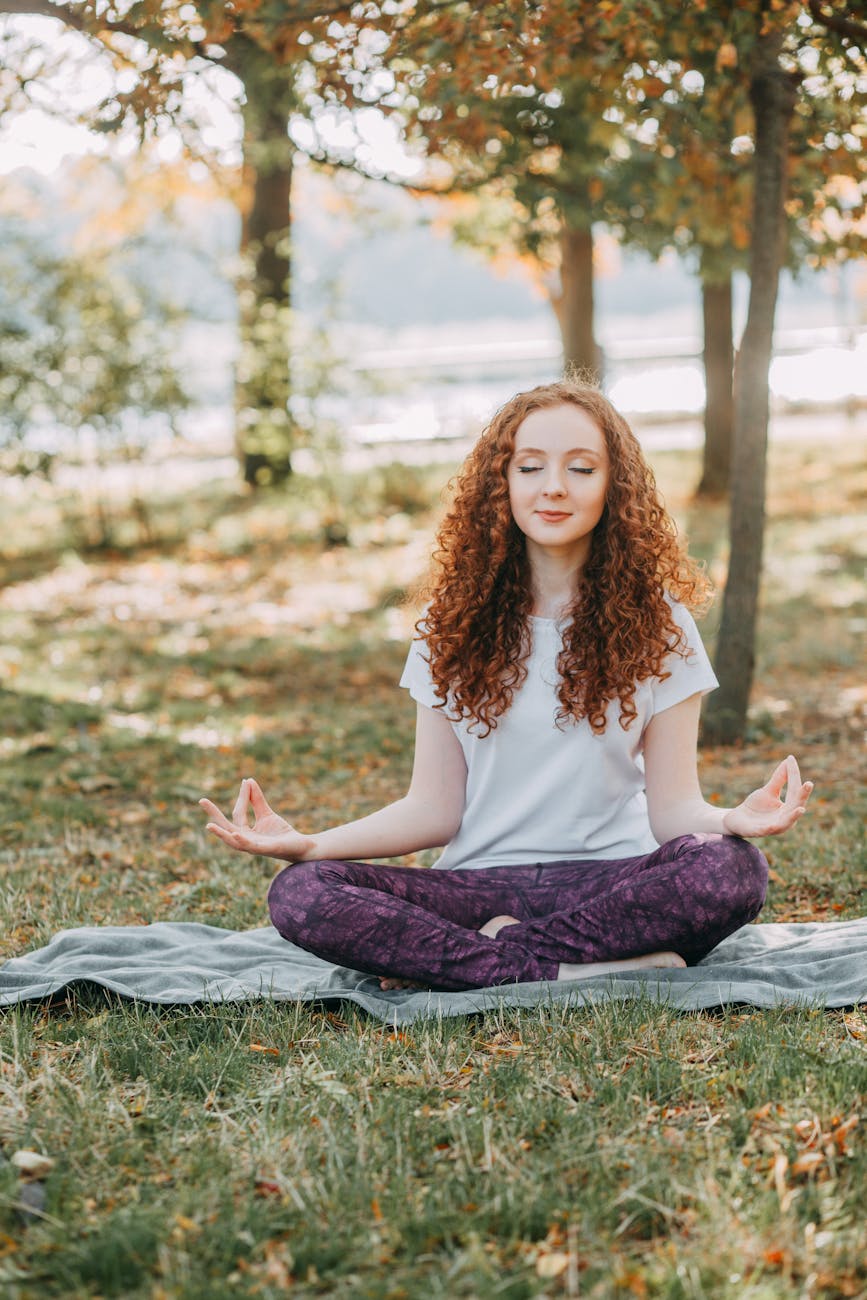
Regular exercise is a powerful tool against aging. It improves blood flow, bringing nutrients to your skin. This helps keep your skin looking fresh.
Exercise also reduces stress, which can speed up aging. Whether it’s walking, yoga, or a workout, regular activity helps your overall health and keeps you looking youthful.
Read more: How Exercise Helps You Age Well
6. Skincare Routine Essentials
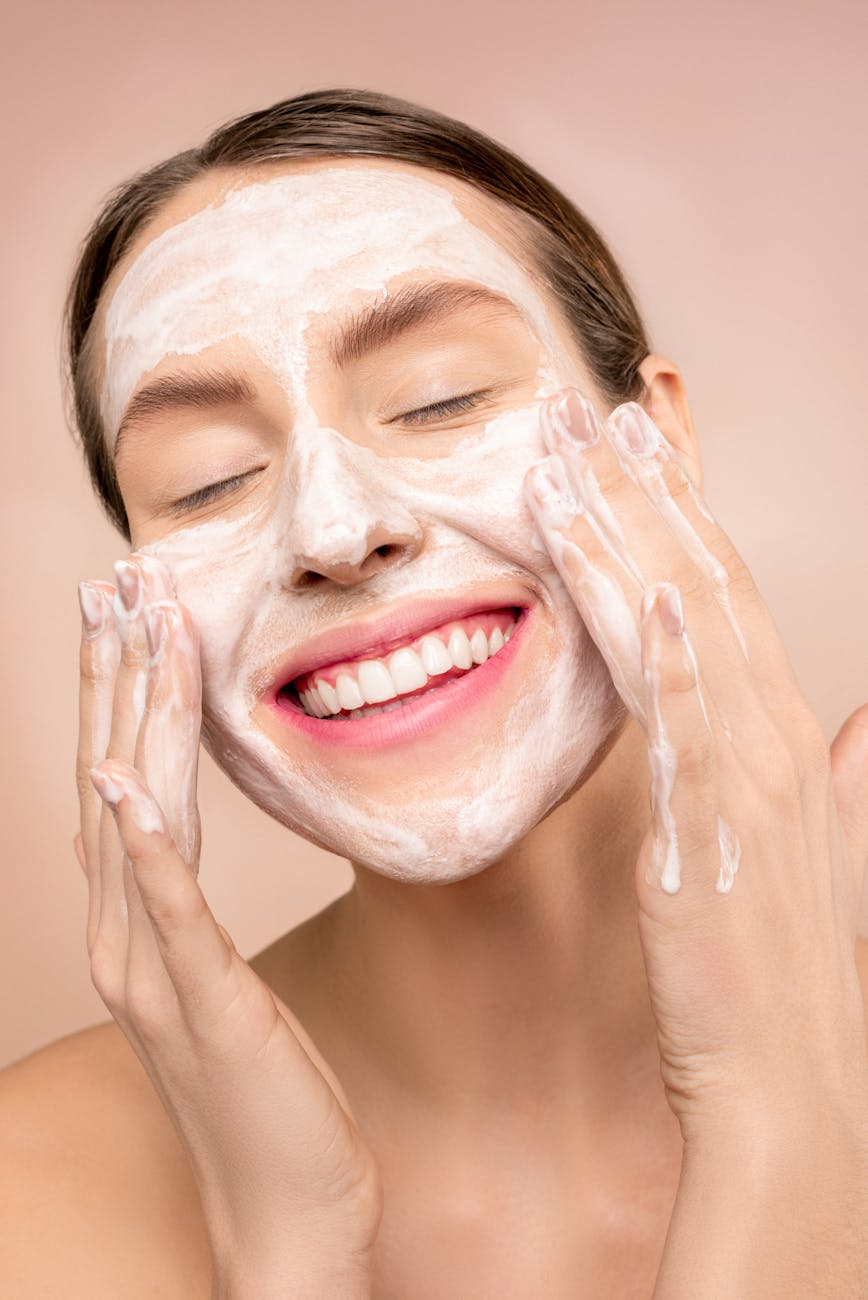
A good skincare routine is important for anti-aging. Start with a gentle cleanser to remove dirt. Follow with a toner to balance your skin’s pH.
Apply a serum with antioxidants like vitamin C to protect your skin. Use a day cream with SPF to shield against the sun. At night, use a richer cream to nourish your skin while you sleep. Exfoliate regularly to keep your skin smooth and bright.
Read More: Unlock the Psychology of Winning: Top 15 Surprising Facts
7. The Benefits of Sunscreen

Sunscreen is one of the best ways to prevent aging. UV rays from the sun can cause wrinkles and spots. Apply a broad-spectrum sunscreen with at least SPF 30 every day.
Reapply sunscreen every two hours if you are outside. Even on cloudy days, UV rays can damage your skin. Protecting your skin from the sun is a simple and effective anti-aging step.
8. The Impact of Stress on Aging

Stress can make you age faster. It releases a hormone called cortisol, which can break down skin proteins. Managing stress is important for maintaining youthful skin.
Try stress-reducing activities like meditation, deep breathing, or exercise. Spending time on hobbies and with loved ones can also help. Reducing stress benefits both your skin and overall health.
9. Quality Sleep and Its Anti-Aging Effects
Getting good sleep is crucial for aging well. Your body repairs itself during sleep, making your skin look better. Aim for 7-9 hours of sleep each night.
Create a relaxing bedtime routine. Avoid screens before bed and keep your room cool and dark. Good sleep habits can improve your skin and overall well-being.
Read more: What’s the Connection Between Sleep and Aging?
10. Anti-Aging Treatments and Procedures
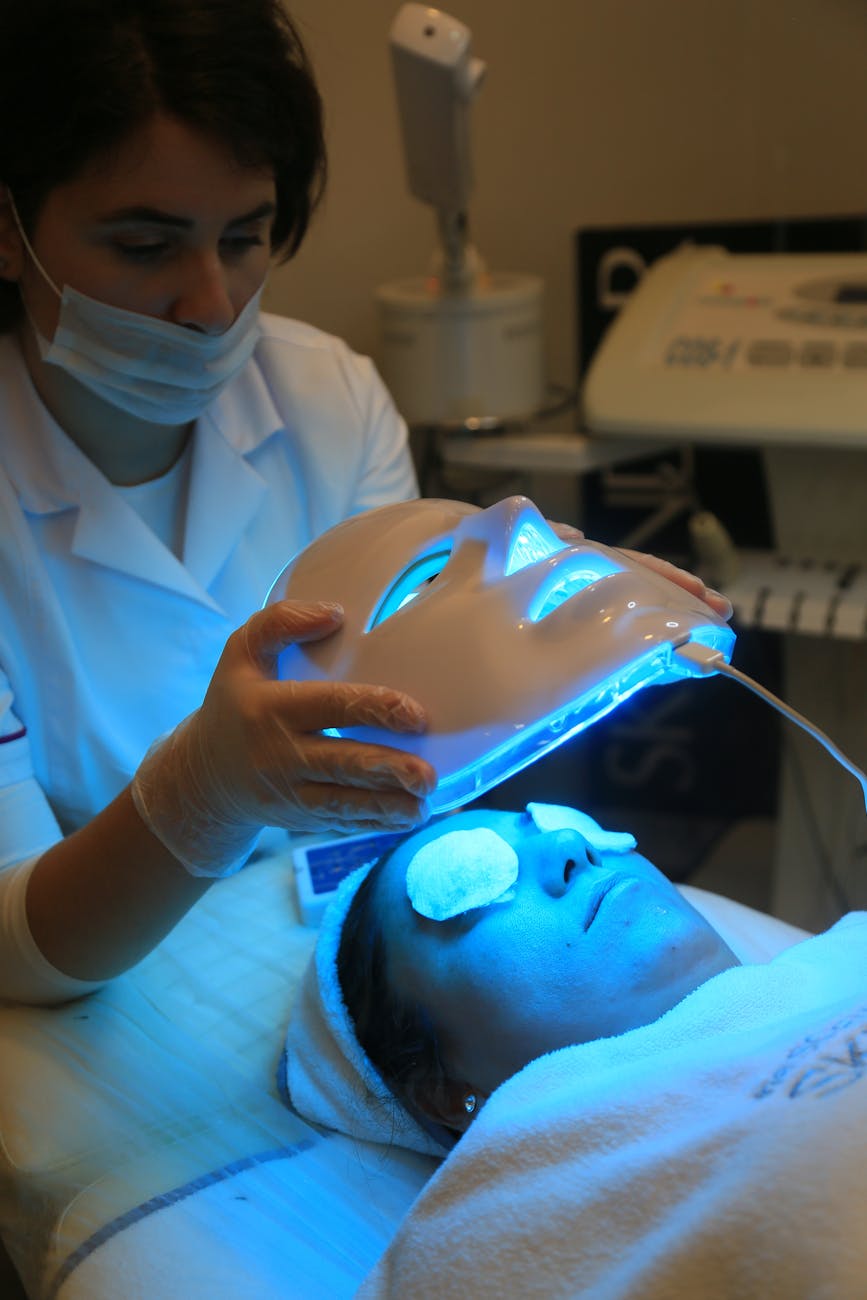
There are many treatments to help with aging. Non-invasive options include chemical peels and microdermabrasion. For more noticeable results, consider Botox or dermal fillers.
Consult a dermatologist to find the best treatments for you. Consider the benefits and risks before starting any procedures. Choosing the right treatment can help you look and feel younger.
11. The Role of Antioxidants

Antioxidants are important for fighting aging. They protect your skin by neutralizing harmful molecules. Look for skincare products with vitamin C, vitamin E, and green tea extract.
Eat foods rich in antioxidants, such as fruits and vegetables. They help keep your skin healthy and youthful. Incorporating antioxidants into your routine can make a big difference.
12. The Truth About Collagen Supplements
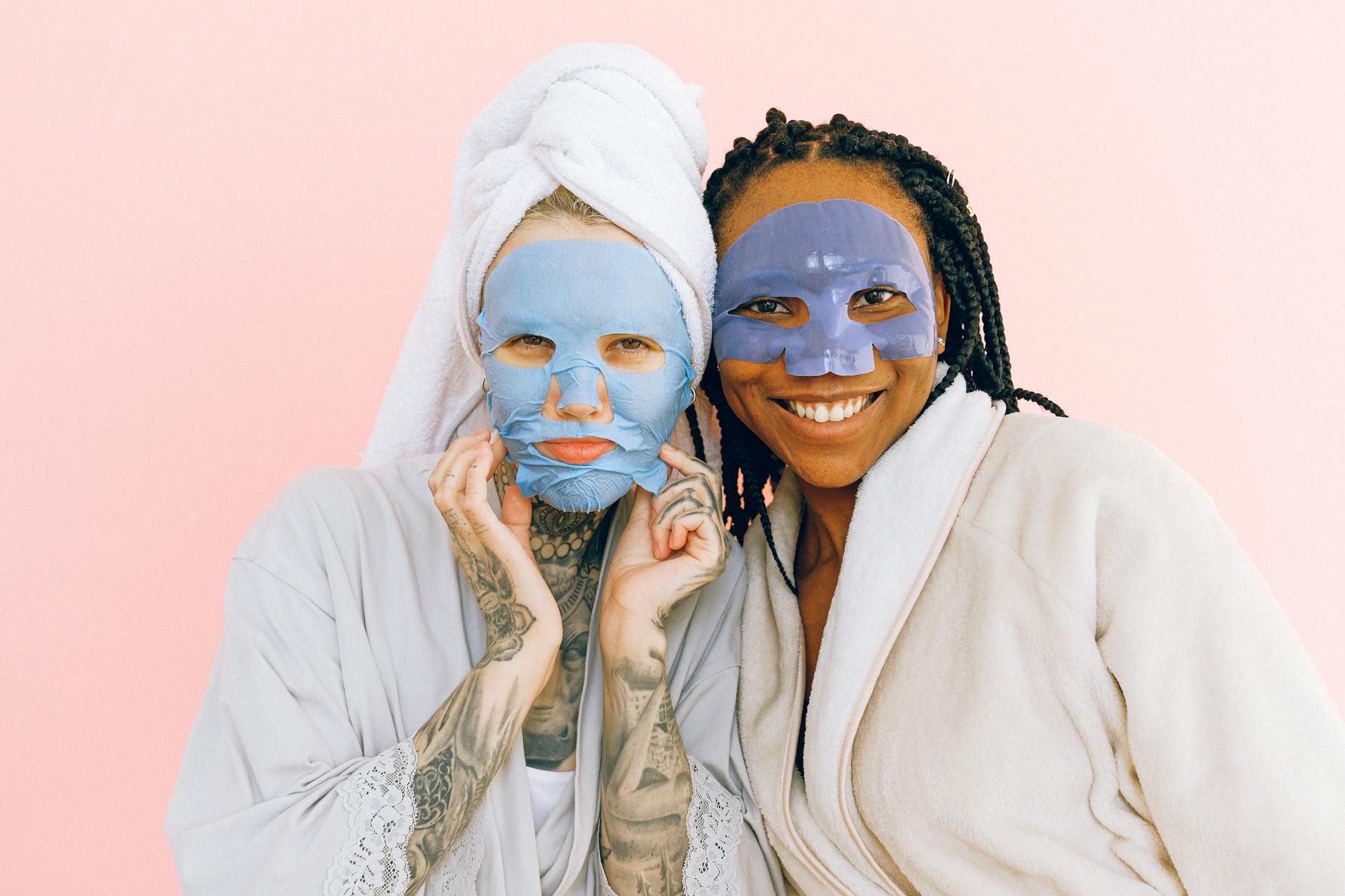
Collagen supplements are popular for anti-aging. Collagen is a protein that supports your skin. Some studies suggest these supplements may help with skin elasticity and hydration.
If you choose to use collagen supplements, pick high-quality products. Talk to a healthcare professional before starting any new supplement. Also, try natural ways to boost collagen, like eating bone broth and citrus fruits.
Read more: The Truth About Collagen Supplements: Are They Really Effective?
13. Importance of Regular Health Check-Ups

Regular health check-ups are important as you age. They help catch problems early and keep you healthy. Schedule annual screenings for blood pressure, cholesterol, and skin health.
Stay proactive about your health. Follow your doctor’s advice and get necessary tests. Regular check-ups can help you stay on top of your health and well-being.
14. The Influence of Hormones on Aging

Hormones affect aging, especially during menopause. Hormonal changes can impact your skin’s appearance. Understanding these changes can help you manage their effects.
Hormone therapy is an option for some people but has risks. Discuss with a healthcare provider to see if it’s right for you. A healthy lifestyle can also help balance hormones naturally.
Read More: Top 15 Mind-Blowing Cricket Facts You Didn’t Know
15. Embracing a Positive Mindset

A positive mindset can impact how you age. Embracing aging with a positive outlook can improve your life quality. Studies show that a positive attitude can lead to better health and longevity.
Focus on what you enjoy and surround yourself with positive influences. Practice gratitude and stay optimistic. A positive mindset not only improves how you feel but also enhances your appearance.
Final note:
Undoubtedly, aging is a natural process , but there are many ways to keep looking and feeling your best. By eating a healthy diet, staying hydrated, and using sunscreen, you can protect your skin and reduce signs of aging. Regular exercise and stress management also play a key role in maintaining a youthful appearance.
Remember, taking care of yourself is not just about appearance. It’s about feeling good and enjoying life. Embrace these simple anti-aging tips and celebrate each stage of your life with confidence. Your best years are ahead, so make the most of them by staying healthy and positive.
15 FAQ’s ( Frequently Asked Questions):
-
What are the signs of premature aging?
Signs of premature aging include fine lines, wrinkles, uneven skin tone, and loss of skin elasticity. These can be caused by sun exposure, stress, and poor skincare habits.
-
How does nutrition impact skin aging?
Proper nutrition with foods high in vitamins, minerals, and antioxidants can help combat skin aging by supporting skin repair and reducing oxidative stress.
-
Can smoking affect the aging of my skin?
Yes, smoking accelerates skin aging by decreasing blood flow, reducing collagen production, and causing wrinkles and a dull complexion.
-
Are there any natural remedies for reducing wrinkles?
Natural remedies like aloe vera, coconut oil, and green tea extract can help moisturize and soothe the skin, potentially reducing the appearance of wrinkles.
-
What role does sleep play in skin health?
Quality sleep is essential for skin repair and regeneration. Lack of sleep can lead to dark circles, dull skin, and increased signs of aging.
-
Can stress cause premature aging?
Yes, chronic stress can increase cortisol levels, leading to skin issues such as wrinkles, fine lines, and reduced skin elasticity.
-
How does hydration influence skin aging?
Proper hydration helps maintain skin elasticity and prevents dryness, which can contribute to the development of fine lines and wrinkles.
-
What are some effective anti-aging treatments for sensitive skin?
For sensitive skin, gentle treatments like hyaluronic acid serums, soothing masks, and products with calming ingredients like chamomile can be effective.
-
How do hormonal changes affect skin aging?
Hormonal changes, particularly during menopause, can lead to decreased collagen production and skin thinning, which may accelerate signs of aging.
-
Can antioxidants in skincare products make a difference?
Yes, antioxidants in skincare products can neutralize free radicals, protect the skin from environmental damage, and improve the overall appearance of aging skin.
-
What is the impact of excessive sugar on skin aging?
Excessive sugar intake can lead to glycation, a process that damages collagen and elastin, resulting in premature wrinkles and skin sagging.
-
Are there any foods that promote youthful skin?
Foods rich in omega-3 fatty acids, such as salmon and flaxseeds, and those high in vitamins C and E, like oranges and nuts, can promote youthful skin.
-
How can I reduce the appearance of age spots?
To reduce age spots, use products with ingredients like vitamin C, retinoids, and alpha hydroxy acids (AHAs), which can help lighten hyperpigmentation.
-
What role does sun protection play in preventing aging?
Sun protection is crucial in preventing skin damage, sunspots, and premature aging. Use broad-spectrum sunscreen daily to protect against UVA and UVB rays.
-
How often should I update my skincare routine for anti-aging?
Regularly updating your skincare routine based on your skin’s changing needs and age-related concerns can help maintain its effectiveness and adapt to new anti-aging strategies.




